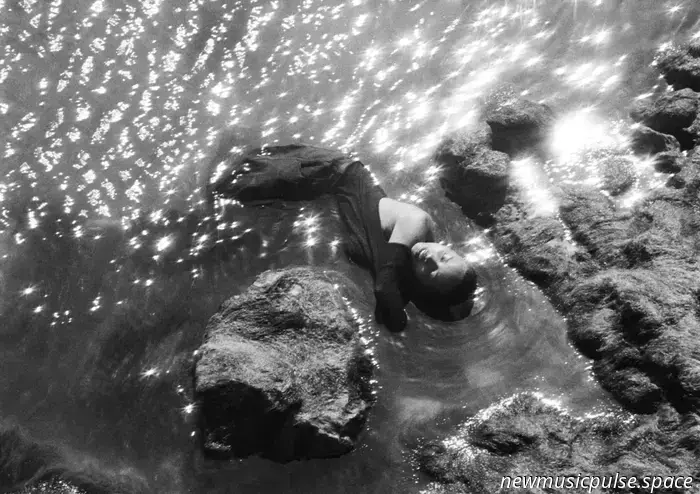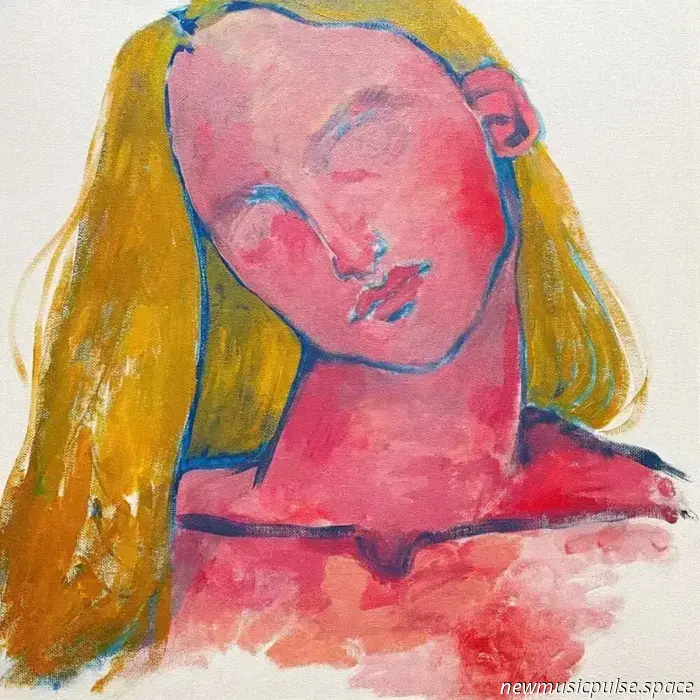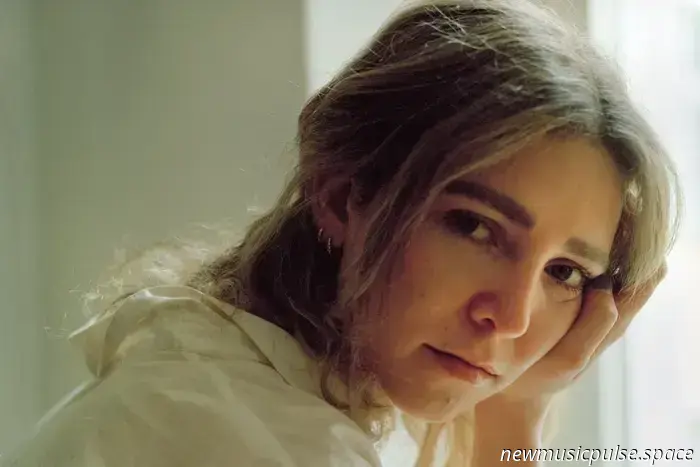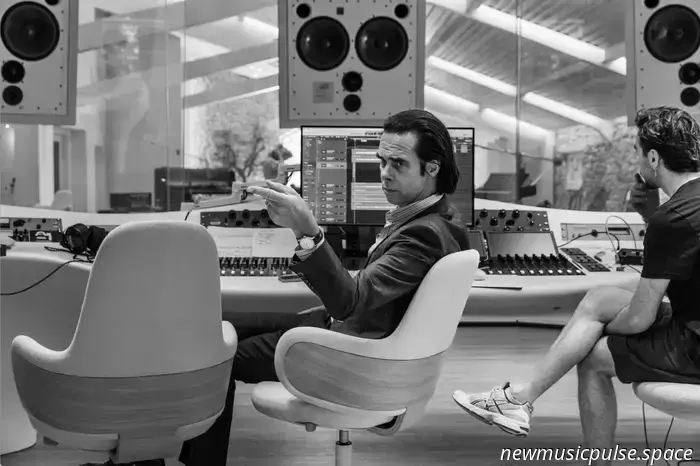
From the bedrooms of Montreal to shopping malls in China, JORDANN’s music has resonated with audiences across borders—often unexpectedly and always authentically. His sound carries a dreamy allure, blending wistful nostalgia with polished modernity, crafted by a multi-instrumentalist who prioritizes emotion in music. What started with violin lessons at the age of seven has evolved into a genre-defying, emotionally aware project that incorporates elements of disco melancholy, soft pop warmth, and electronic precision.
His gradually evolving synth-pop has become a subtle global sensation. However, JORDANN isn't focused on following trends—he's creating his own universe. With an unexpected surge in popularity in China, a rising number of collaborations, bilingual releases, and a complete EP on the way, he is stepping boldly into his next chapter—one that doesn’t focus on counting milestones.
Q: To start—how would you introduce yourself to those just getting to know your music?
JORDANN: I’m just a sentimental guy from Montreal who embraced music at a young age. I was about seven when I first heard classical violin played by Angèle Dubeau, a well-known French Canadian violinist. I immediately told my mom, “I want to play the violin.” From there, I began creating my own songs. I threw myself into it pretty early. Today, I often feel that many things don’t excite me, but music truly stimulates me. Combine that with my parents' diverse influences during my childhood, and here I am. Who am I? A mix of a lot of things, but at my core, I’m just a sentimental kid from Montreal.
Q: What does your current creative process entail?
JORDANN: My working method differs significantly from that of other artists. When someone tells me, “I spent 11 hours on this song today,” I can’t help but think, “How? Really, how?” I struggle to sit still for more than two hours. For me, the work isn’t necessarily about constant production. It involves sitting with the music, listening to it at various times during the week, and sensing what the song needs. I spend a lot of time—perhaps too much—because for me, the task is not about actively working on it. It’s about being present with it. This approach allows me to create arrangements that evoke very specific feelings that listeners can connect with.
A typical session for me involves experimenting with a few elements, reflecting on them, returning after a few days, and doing this with several songs simultaneously. I frequently switch between songs to gain fresh perspectives, so when I return to something, I can hear it anew.
Q: Let’s discuss your music: your sound incorporates electronic, pop, and French elements. What inspired this fusion?
JORDANN: Definitely, my major influences include ABBA, George Michael, and Daft Punk. My parents listened to a lot of disco and R&B. ABBA had a darker edge, contrasting with the more upbeat Bee Gees disco—they were more reflective. George Michael’s soft, sensual vocals resonate with me, while Daft Punk introduced groove-heavy slap bass and synths. If you triangulate those three, you can see the direction I’m heading in.
Locally, I was really into Men I Trust early on. I began this project in 2017, collaborating with them. Guillaume, who formerly worked with Silk and was a Spotify Canada curator, connected us, and we started making music together. They served as a bridge between genres. Eventually, I continued on my own, although they still contribute guitar or ideas from time to time.
Q: Your song “Dehors” gained unexpected attention in China. Can you share your initial reaction to that?
JORDANN: Absolutely! I was in a pool in Bali when I received an email from NetEase saying, “We love your song and want to talk.” I had no knowledge of what was happening in China. However, I noticed some YouTube comments saying, “This is the song we use a VPN for.” When I spoke with them, they told me, “Your song has 40 million plays.” I was stunned. It was my first time in Asia, and I discovered one of my songs had tens of millions of listens.
Q: Then you released a Cantonese version, and now a Mandarin one is in the works?
JORDANN: Yes. A collaborator informed us that Joseph Zeng was interested, and we were already considering a Chinese version. We didn’t expect Cantonese to be the first, but he provided a fantastic translation. We’ve now recorded a Mandarin version—with my Chinese teacher in Montreal—and that will be released in late August. It’s somewhat similar to what Lil Nas X did with all the variations of “Old Town Road.” It’s about diversifying and exploring cultural connections.
Q: Any memorable experiences from your tour in China?
JORDANN: So many!

Chloe Slater embraces the comparisons to Daisy Edgar-Jones in her latest 'Harriet' video. It has been a significant year for the pop newcomer, who opened for Alessi Rose on

London-based experimental artist feeo is back with a new single titled 'The Mountain,' released through AD 93. The self-produced song presents a striking blend of drone,

Yorkshire singer-songwriter Billie Marten's sixth album, 'Dog Eared', signifies a shift from her inclination to create lovely folk tunes, positioning her as a

Earlier this month, we visited Hangzhou for the most recent edition of the Strawberry Music Festival, which is one of the most significant outdoor music festivals in China.

‘NIL SATIS’ unveils a different facet of Daphne Gale, characterized by a sound that embodies unrefined ambition tinged with a hint of self-doubt.

Nick Cave has released a new video for his track 'Tupelo' that incorporates AI technology. The song is a quintessential classic from Nick Cave and the Bad Seeds, and
From bedrooms in Montreal to shopping malls in China, JORDANN's music has captivated listeners across different countries — frequently appearing unexpectedly,